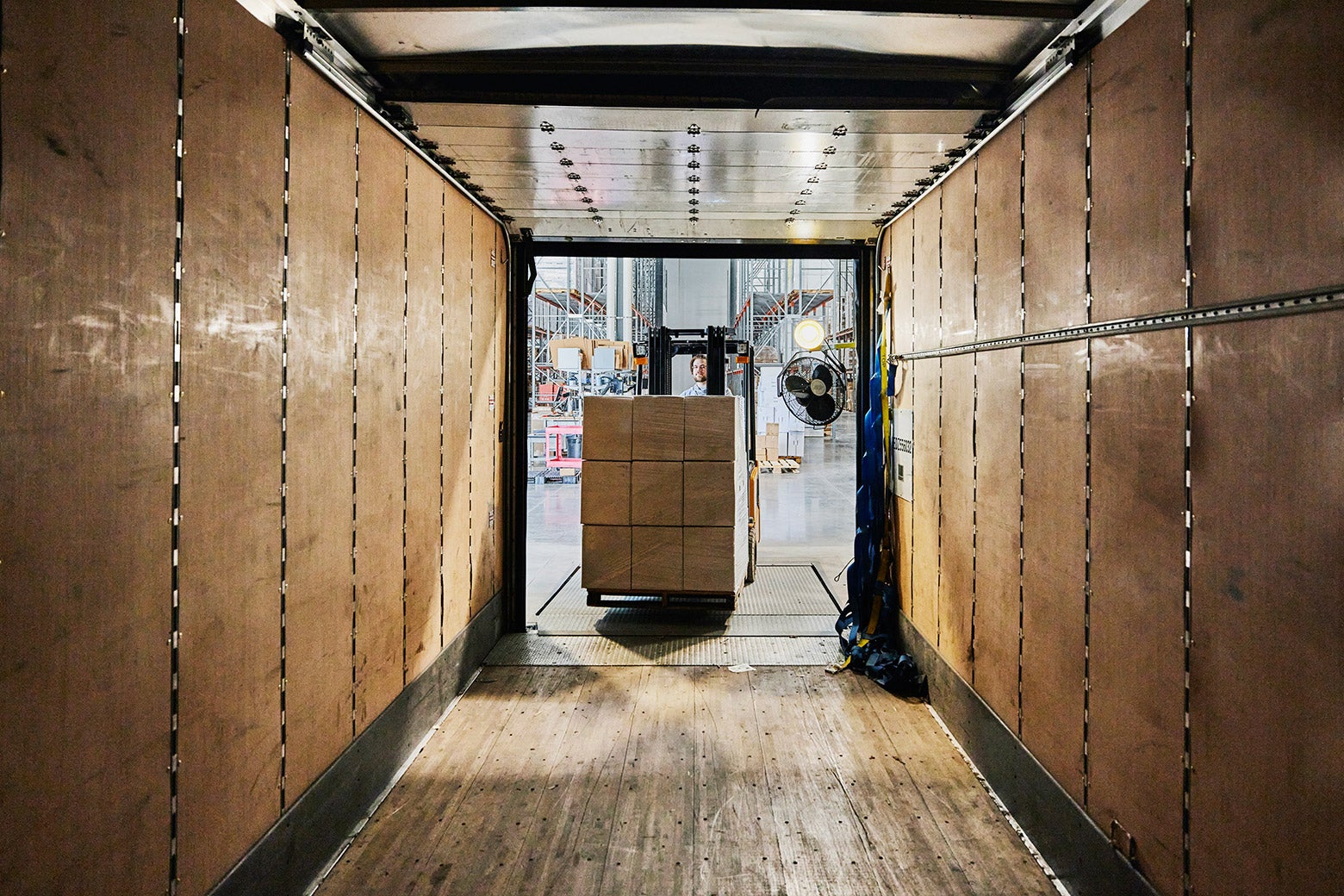For weeks we’ve been steadily targeted with an increasing number of deals, sales, and specials—on social media and TV and in our inboxes—all of which culminates in the ultimate retail barrage of offers on the fourth Friday in November, known (somewhat sinisterly) as Black Friday. It’s here. The American holiday season of stuff is upon us. It’s a craze. It’s a culture. It even got South Park nominated for an Emmy in 2014.
But Black Friday has also reached beyond U.S. borders. In the past decade, reports of other countries adopting post-Thanksgiving shopping deals—usually without the Thanksgiving—have proliferated. So has the chaos associated with the shopping frenzy. In Brazil, hordes of people flooded malls in 2017 for Black Friday deals on TVs. In France, climate activists held “Block Friday” protests in 2019 to denounce the rampant consumerism of the day. (“Work, consume and shut up, that is the message given to our youth,” demonstrators who gathered outside a mall chanted.) And this year, Amazon workers around the world will stage strikes and protests for better working conditions to coincide with Black Friday for the third year in a row.
It may be a testament to the U.S. (and the strength of its cultural exports) that Black Friday has gone global. But it is e-commerce that has really brought the retail holiday to the rest of the world.
A day of deals—a weekend, really—can be an intoxicating thing. Adam Sneyd, an associate professor of political science at the University of Guelph in Ontario, Canada, said in an interview that when consumers feel like they’re getting a deal, and are excited about huge discounts on major purchases, they’re less likely to think about the global connections and environmental and social impacts associated with the purchase.
“It reflects the triumph of possessive individualism,” he said.
This “idea of American-style consumer culture holds outsized power. It is aspirational for people all over the world,” he added.
And if American patterns of consumerism around Black Friday (and its identical twin, Cyber Monday) are any indication, the rest of the world is in for a lot more deal fetishizing. Last year, American consumers spent a record $9.12 billion online shopping during Black Friday, according to Adobe Analytics, which tracks sales on retailers’ websites. And a lot of that was accomplished with “buy now, pay later” services, which make it a lot easier for consumers to take on debt they can’t afford. But it could go both ways: The global nature of e-commerce may mean that more and more Americans will be exposed to other countries’ big sales days. Singles Day, a huge sales event across Asia that starts on Nov. 11, is becoming more well known in Europe and the U.S., according to Kristin McGrath, editor of the Real Deal, a column on retail and shopping. Global consumers in sync with sales offered all over the world: Sounds terrifying!
“It doesn’t come without consequences,” Sneyd said, referring to consequences both personal and global. Another spooky statistic from last year came from the European Federation for Transport and Environment: During Black Friday in 2022, about 1.2 million tons of carbon dioxide were released due to trucks transporting goods around Europe—94 percent more CO2 than the average week.
Still, the phenomenon of Black Friday (and other global shopping days) is very much here to stay, with the days having taken on a life of their own, in large part because of global consumer demand. At Plaza Lama, a home-goods and grocery store in the Dominican Republic, staff members wear black T-shirts that say “Noviembre de Black Friday” and push sales all November long. Mario Lama, the CEO of the Dominican superstore, recalled in an interview that they started hyping Black Friday in 2013 when the term was not widely used by other retailers in the country. (Many Dominicans were familiar with the idea because they had family in the States or because they knew people who would travel to the U.S. to capitalize on the deals.)
Lama saw brands that he sold in his stores discounted heavily in the States, he recalled. “We go, ‘Hey, hey, we don’t have those bargains!’ ” he said. And from then on, “we kept insisting that the brands start giving us a good deal,” too. Initially, to avoid offering deals that would sell his products at a loss but remain competitive with the U.S., Lama said his superstore made deals with local banks, who offered Black Friday discounts if using a credit card for the transaction. Ultimately, Lama said that Black Friday just made sense to implement because the Dominican Republic has “a big, big American influence.”
“We have probably 2 million Dominicans all over the U.S.—New York, especially. But we also follow everything American,” he said. So does everyone else.
